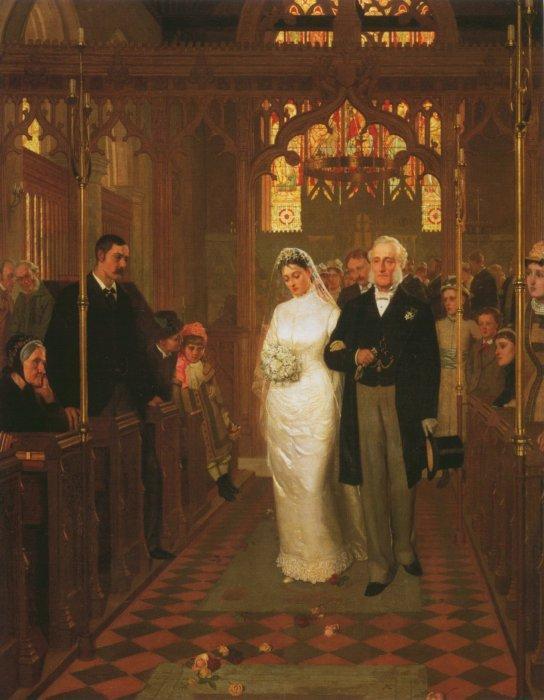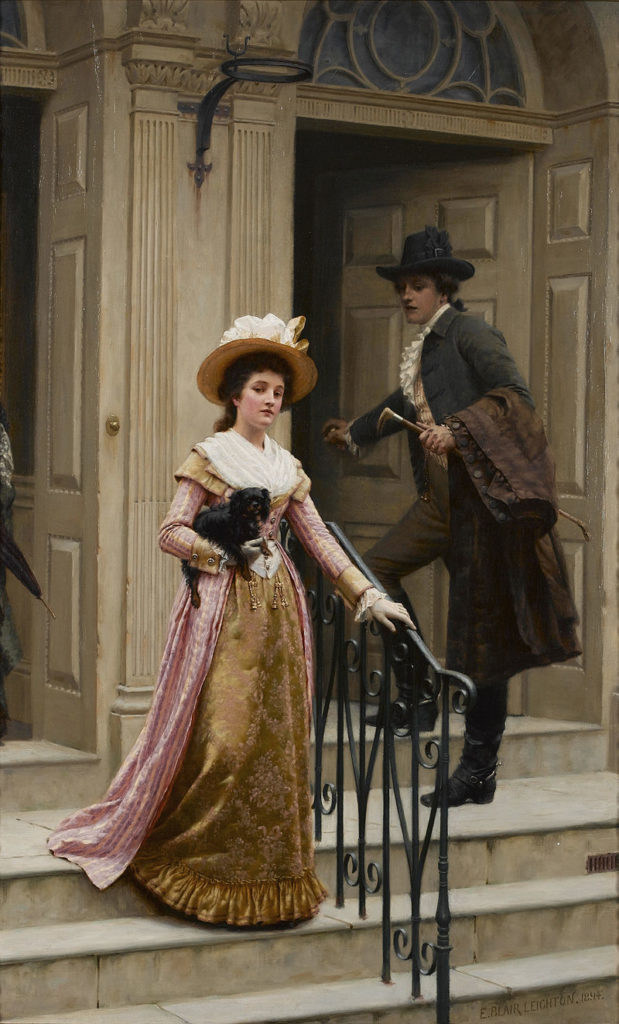I got the rights back to my “RIPE” series and my wonderful cover artist (and real life BFF) is currently working on new covers for them. I can’t wait to show you what she comes up with!!! One of the opportunities this opens up for me is to release a mirror version of RIPE FOR SEDUCTION with more of Phillip and Margo. One thing I’m definitely going to do is add their reunion scene back into the book.
When I started RIPE FOR SEDUCTION, I wasn’t aware that the Devere siblings were going to be of the “mad, bad, and dangerous to know” variety, but oh, what fun they were to write once I figured it out! Roland Devere, our hero, is a joker who never takes anything too seriously. He’s the embodiment of the English gentleman’s credo “never turn down a bet.” And I had just the bet for him. One based on a real offer made by an eighteenth century rake to a furious widow who quite neatly turned the tables on him. It’s a story I’ve been wanting to write for years. And it made me think of the wonderful ROUND IRELAND WITH A FRIDGE (by Tony Hawk, not the skateboarder). If you haven’t read it, I highly recommend tracking down a copy.
As I began writing the story of Roland and Lady Olivia Carlow (the victim of a bigamous marriage in RIPE FOR SCANDAL), there was undeniable chemistry between Olivia’s father Philip (a sunny man of intellect) and Roland’s very (very!) naughty widowed sister Margo. Margo was an utter surprise to me. She took one look at Philip and decided, “That. Yes, I’ll have that.” And so she did.
Here’s the scene I was forced to trim. I’m really looking forward to restoring it to its proper place in the book. What do you think? Should I release a duology with more from Margo and Phillip? Let me know in the comments.
Philip & Margo’s Reconciliation
Philip found the door Devere had directed him to easily enough. With every step he was half afraid one of her servants would appear to say the comtesse had commanded them to send him away.
He pushed the door open. Margo lay in her bath. The long tub was draped in linen to protect her from splinters, but she wasn’t wearing a bathing shift as a Frenchwoman would have done.
She opened her eyes at the sound of his boots on the floor. Philip shut the door behind him and stood waiting to see what would happen. From across the room he heard the thump of Maldon’s tail and then the hound’s low-pitched whine of greeting.
“It seems a long way to come for an ancient, one-eyed dog,” Margo said.
Philip nodded as he tossed his hat aside and shrugged off his surtout. He draped the loose overcoat over the back of the chair that he dragged to the side of the tub. He dangled his fingers in the water. “It’s a very special dog, though.”
Margo made no attempt to cover herself. She put out one hand, water spiraling down her arm and over her breast.
“Hand me the sponge.”
Philip did as he was bid, then watched with great appreciation as she wet the large sponge and sluiced it over her limbs. One dark curl slipped from the wrap that held her hair up. It spread itself over her breast, the tip curling around her nipple, like the hair of an undine.
“Apparently Paxton will not be returning with the promised towels. Could you bring me my dressing gown? I hate a tepid bath.”
Philip crossed the room to fetch the dressing gown that was spread across the foot of the bed. Maldon padded over demanding to be greeted, and Philip gave the hound a scratch.
Margo stood up as he approached with her dressing gown and his jaw dropped. He’d never really seen her naked. Not like this. Just furtively in dark rooms as they tumbled into beds, and even it wasn’t like this. She looked like the statue of Venus he’d seen in Florence as a boy making the grand tour: rounded perfection, with long legs and two dimples where her hips met her back.
The earl helped her out of the tub and held the robe while Margo slipped her arms into it. In truth, her bath wasn’t yet cold, but she couldn’t stand to have the conversation she feared they were about to have naked. She wanted enough on to be able to storm out if the situation called for it.
Arlington looked as though he’d swallowed his tongue. Good. Margo tugged the small linen towel from her head and let her hair fall. She used it to dry her face and hands.
The earl simply stood and watched. She didn’t want to talk, or explain. She wanted to drag him to the bed. What would he do if she tried? Margo tossed the towel aside, stepped into the earl so they were chest to chest, and kissed him.
His hand knotted in her robe, pinning her to him. Margo felt a surge of wickedness lick though her. He kissed her roughly, hungrily, but when she attempted to steer him toward the bed, he stiffened and stopped her.
“Stop trying to distract me,” he said.
Margo draped her arms about his neck and leaned back just enough to see his face. His mouth was serious, but his eyes were smiling. “As you wish, my lord.”
Her dressing gown hung open. He twitched it shut. “I didn’t come all the way to Paris to bed you.”
Margo wrinkled her nose at him. His cock was hard against her belly. Whatever his intention, bedding her was most certainly on his mind.
“Or not just to bed you,” he added. His hands slid around her waist, fingers fluttering over her hips.
“No,” Margo said, “You also came for your dog.”
“Damn the dog.”
She raised one brow. “I wasn’t going to give him back anyway.”
“Consider him a wedding present,” the earl said.
Margo shook her head. “Think of the scandal.”
“Which you’ll love.” He cupped her cheek with one hand, his thumb sliding over her lips.
“And your daughter?”
“Who do you think sent me?” he said before kissing her.


